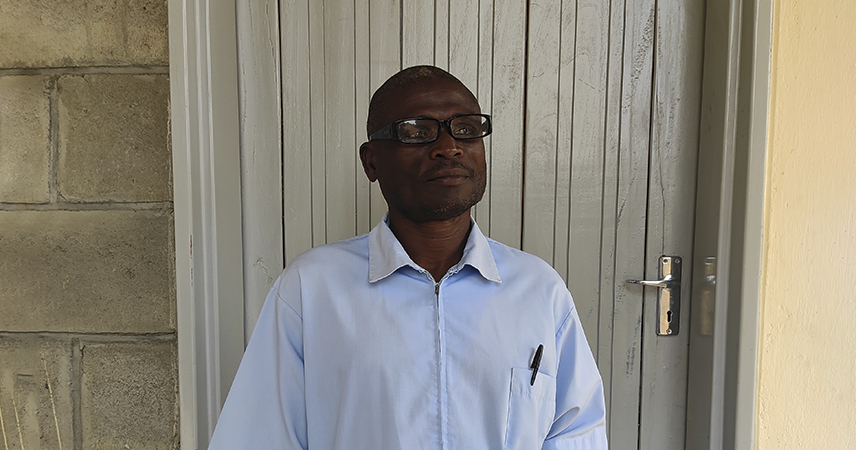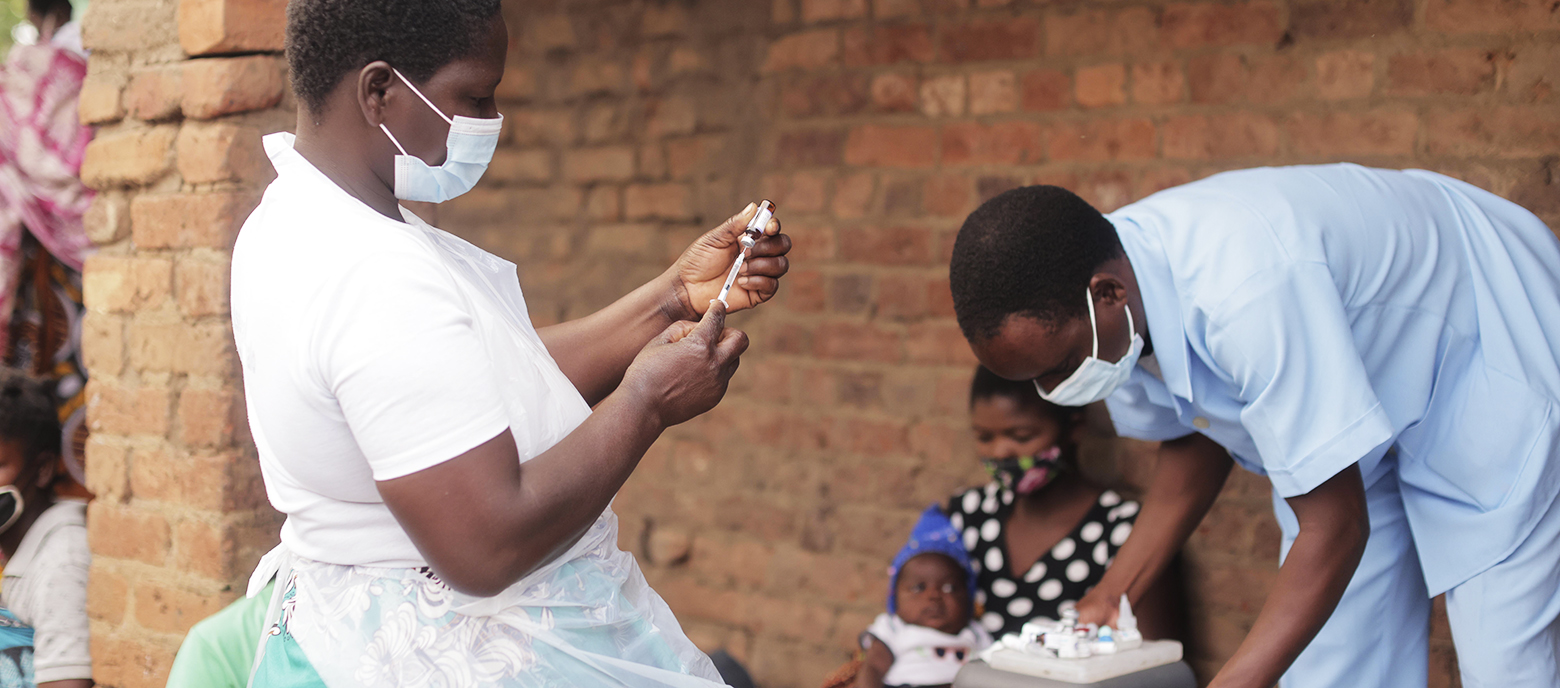Interview
‘We need more support with vaccinations’
In the fight against childhood diseases, Malawi is exploring new ways of refrigerating and distributing vaccines. We talked to Samuel Mtalimanja, Senior Disease Control Officer at Bilira Health Centre in the country’s central region, about what this means against the backdrop of the coronavirus pandemic.

Mr Mtalimanja, how can the tools of the emmunize Programme help in rolling out effective COVID-19 vaccination campaigns?
The solar-powered fridges and monitored cool boxes will help us to keep COVID-19 vaccines cool and get them out into remote villages. We are very grateful for the support we have received, but we need more.
What challenges are you facing?
There are still lots of challenges. There’s no power to recharge the tablets in villages like Kalungama, so health assistants, who live in these remote areas, have to travel to Bilira to charge their tablets up at the health centre. That’s the only way they can connect to the emmunize app that registers the vaccinations. So we need solar chargers in the villages too and better internet connections. But what we need most of all is a motorbike so we can get to these remote areas more easily.
Bilira health centre serves a population of around 41,000 people in the region. How many people have you been able to vaccinate against COVID-19 so far?
We have only been able to administer 1,149 AstraZeneca and Johnson & Johnson vaccines so far*. It’s the Government of Malawi supplying the vaccines. We are waiting for more vaccines to come.
* As of 1 January 2022
January 2022
